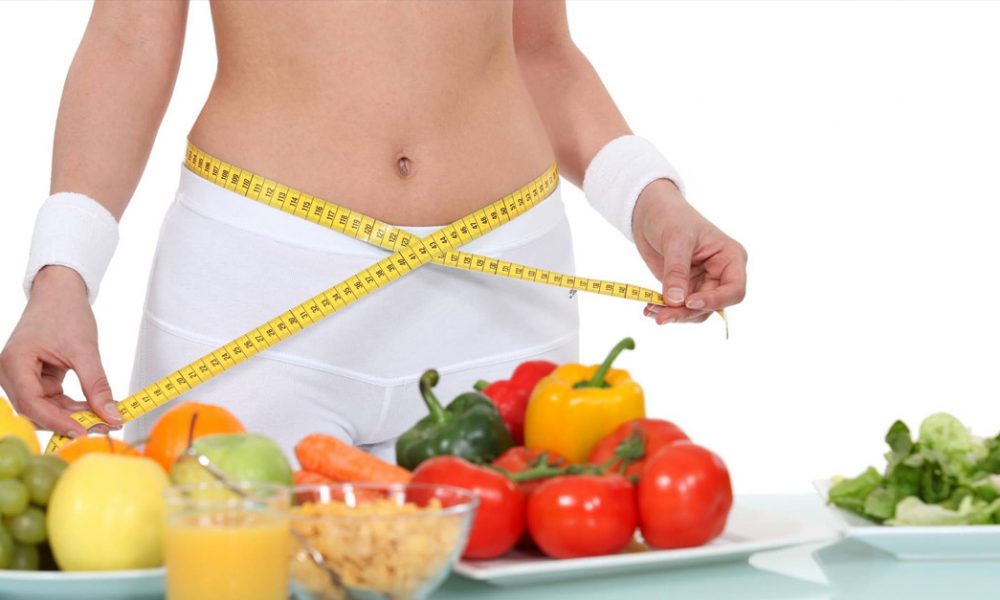If you want to lose weight, you need to eat healthier, eat less, and exercise more. You know this — but maybe it hasn’t been enough. Maybe you’re not getting the results you want because you are not maximizing the decisions that you’re making, or maybe you’re simply frustrated and unmotivated because you lack a deeper understanding of how dieting actually works. Never fear: we’re going to take a closer look at dieting and provide you with the information you need to make a more serious impact on your health.
Diet and Exercise: A Quick Recap of the Basics
First, let’s start with the bits that everyone should know. Your weight relies on more than just the old “calories in, calories out” calculus, but that somewhat inaccurate saying does provide at least an approximation of what happens in your body. Your body needs food as fuel, and if you burn less than you take in, you’ll store some of it as fat. It also matters what you eat: the best type of fuel, broadly speaking, is unprocessed “whole foods.” Most of us would benefit from eating more whole foods (and fewer processed ones), and specifically more vegetables (meat, while good, is often something we already plenty — or too much — of).
Next Up: the Macronutrients
Saying that you should eat healthy stuff and eat less of it is a bit obvious. So let’s take things to the next level and talk about macronutrients.
Calories aren’t everything when it comes to diet. Your body needs a certain amount of nutrients, and three broad categories loom large: protein, carbohydrates, and fat.
There is more than one type of each of these macronutrients, but you can start by calculating how much of each category you need and balancing them on this “macro” level. By going beyond calories and focusing on a more in-depth type of nutrition, you’ll better fuel your body. That means you’ll feel healthier, more energetic, and more capable of exercise.
Sticking to the Diet: Habits and Diet Aids
The toughest part of any diet is sticking to it. In fact, studies show that diets tend not to work because we treat them as tough temporary fixes: we make major changes and then either fail to stick to them or simply swing too far back into bad habits when our diets are “complete.”
The best way to stick to a diet is to make it into a habit — which is why the general advice of eating whole foods and healthy stuff isn’t that far off. Since vegetables and other healthy foods tend to be less calorie-dense, we can eat more of them, get full, and still lose weight. And since we’re not denying ourselves too much, we can actually stick to these habits.
Of course, this doesn’t mean that you won’t get hungry. But there are ways to counteract this and “hack” your diet. Protein, for instance, is quite filling — getting a bit more of it at the right time could help you stave off hunger pangs. Appetite suppressants like Hydroxyelite can help, too, by making you less likely to give in and ruin your diet with a binge-eating session. Even exercise can help you feel less hungry: sometimes, believe it or not, a quick jog can take the place of a quick snack!
Even More In-Depth Dieting
You can go beyond habit hacks and macronutrients, of course — and if it helps motivate you on your diet journey, you should! There are lots of online resources for nutrition, exercise, and dieting, so read up and explore the worlds of micronutrients and “superfoods” — or wherever else your research takes you. If you stay motivated and commit to real change, you can enjoy a healthier life!


